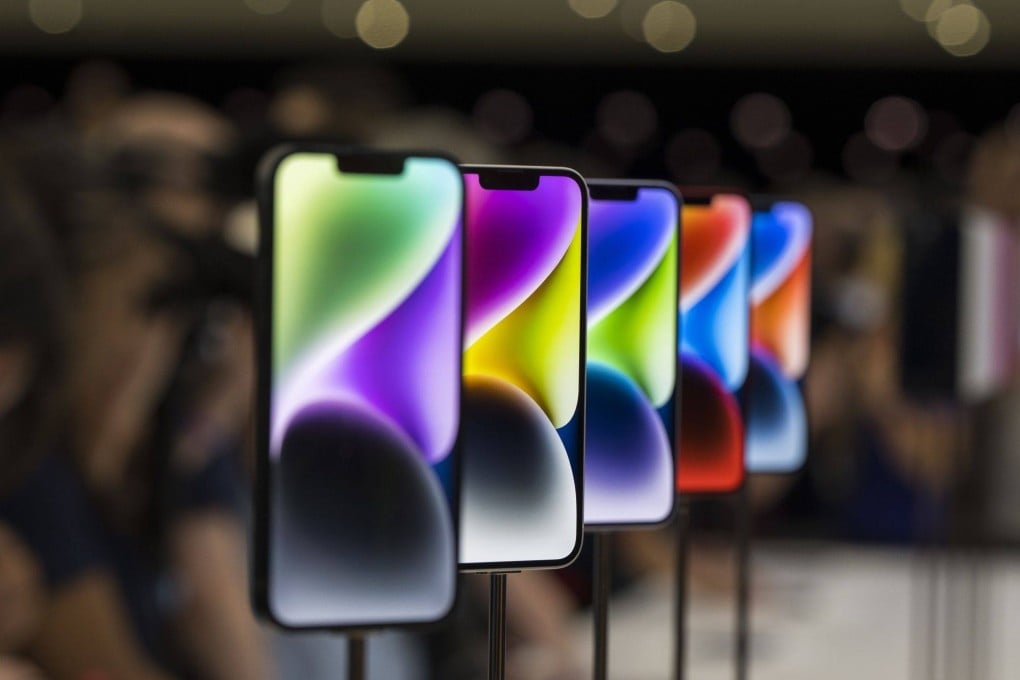Apple’s iPhone 14 sees surging pre-orders in China as enthusiastic consumers crash e-commerce services
- Buyers complained about stalled payments on Apple’s website and mini programs amid strong demand despite complaints about a lack of innovation
- High iPhone 14 pre-orders, which have pushed delivery times out by up to seven weeks, buck the trend of weak consumer demand amid China’s slowing economy

A significant portion of the pre-orders were for the two Pro models. The iPhone 14 Pro had more than 1 million pre-orders on JD, while the Pro Max had nearly 800,000. Both models are equipped with Apple’s latest A16 bionic chip and a 48-megapixel camera, promising a range of new features such as sharper photos and longer battery life.
Continued enthusiasm for Apple’s latest handsets bucks the trend of weakening consumer sentiment in China amid a slowing economy. It suggests the Cupertino, California-based firm is cementing its advantage in the high-end segment as local rivals in the world’s largest smartphone market struggle to catch up.
In Beijing’s upscale Sanlitun area, a 30-year-old white-collar worker surnamed Li shopping at the Apple Store on Monday said she did not think the 14 Pro Max was very innovative. Still, she considered it an upgrade over her current iPhone 12 and said the new Mate 50 from domestic rival Huawei was expensive for what it offered.
Kuo Ming-chi, an analyst at TF Securities known for his accurate assessments of Apple, said on Twitter that the two Pro models accounted for about 85 per cent of all iPhone 14 pre-orders in China. The 14 Plus had the lowest allocation with less than 5 per cent.